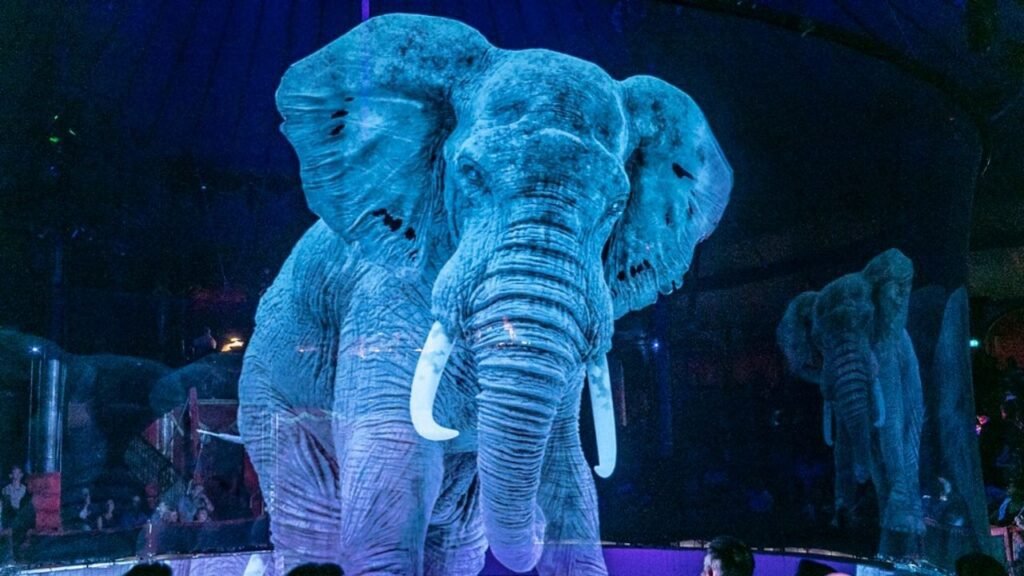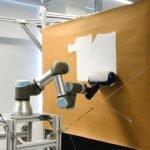How Can Holography Affect Architectural Space?
Holograms are a possibility for decades, while many people still associate them with science fiction, with images of high-tech superhelm equipment and distant spacecraft. Their first hologram was developed in the early sixties as a result of the introduction of laser technology. However, as the hyper-technology future draws closer and various industries, including architecture and construction, are starting to embrace new types of increasingly state-of-the-art technology, holography can fully redefine our thinking and construction experience.

ARTECHOUSE has received a lot of attention in recent years, a future art venue famous for its immersive technology-based facilities. The works of Edward Hopper used Light Projections as a tribute to pubs and restaurants devastated by the COVID-19 pandemic in November 2020 to create a holographic effect on their locations in New York and Washington, DC. The pseudo-holographic projections change rather than the actual or substantial feature of space the entire experience of the dark exhibition space, and radically change how architectural space and perception are normally thought about.
In 2019, SYNDICATE’s holographic pyramid design won the Summer Cinema Pavilion Garage Museum and was installed on Garage Square opposite the museum. The pyramid’s holographic technology is integrated into the multicoloured, shimmering and translucent façade, which completes the cursive neon sign read at “Garage Scret,” the eye level. SYNDICATE’s pyramid shows the potential of artistic holophographic external design as an example of a different application type in this highly variable technology.
Architect’s house Snoezelen / Aarhus (The Golden Horn)
In the village of Solund in Denmark for people with severe mental and physical impairment, this curved structure is located. In conjunction with the Audiovisual Solutions company ProShop Europe, the Snoezelen House uses holographic projections to create therapeutic Snoezelen’s rooms. These projections and a series of screens, illumination and sounds initially transform nine white rooms in the centre. The Snoezelen House exemplifies the potential of holography to create beautiful architectural environments, as well as therapeutic ones.

Optoma Circus / oncalli
In 2019, the Roncalli Circus replaced live animals with holographic animal projections, which took a more ethical approach to entertainment with the same – if not greater – performance. Eleven laser projection devices are positioned around the centre of the ring to produce massive 3D animal projections such as elephants, horses and even fish.
Written By Mahak Jain | Subscribe To Our Telegram Channel To Get Latest Updates And Don’t Forget To Follow Our Social Media Handles Facebook | Instagram | LinkedIn | Twitter. To Get the Latest Updates From Arco Unico



